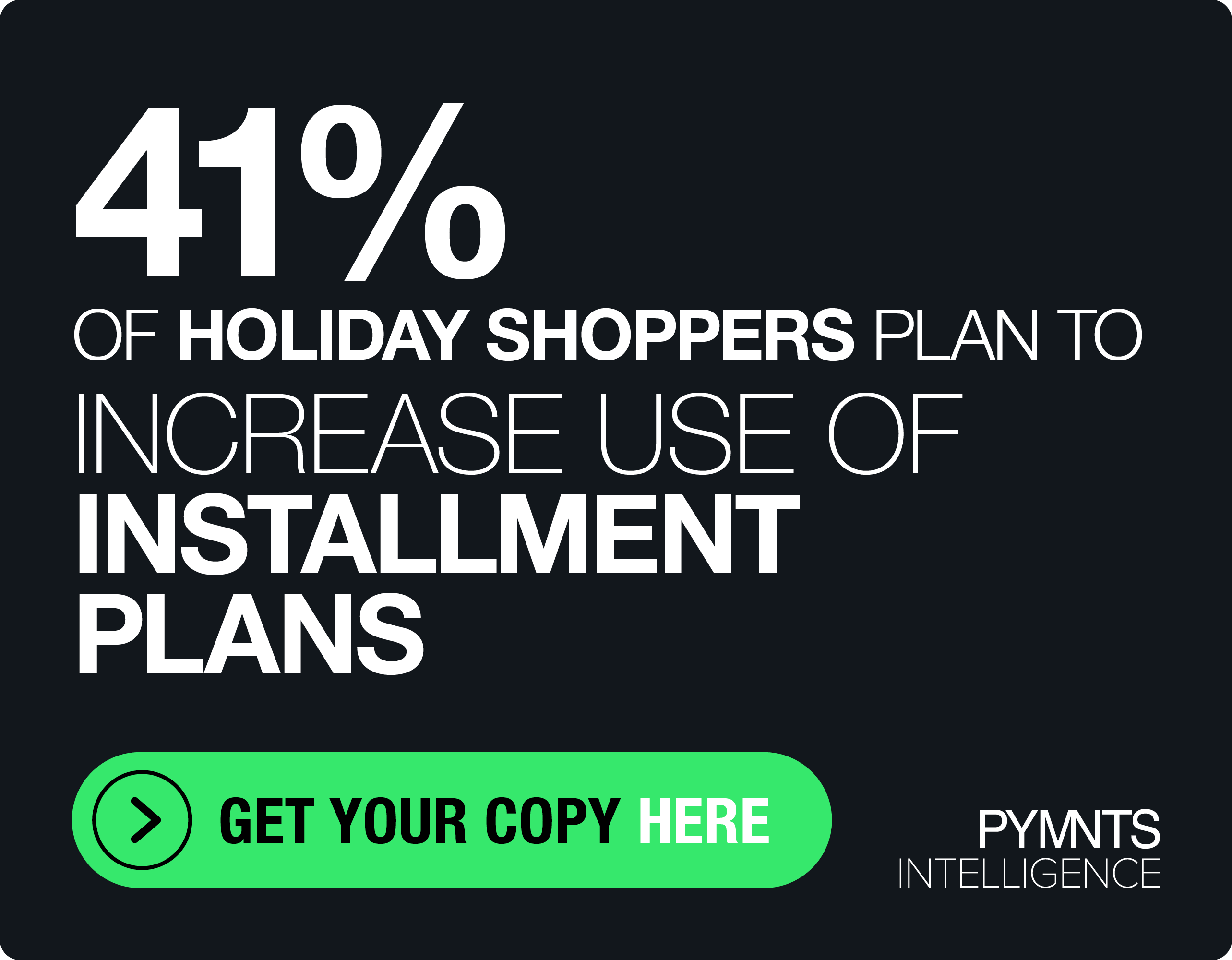Breaking Away From The Bi-Weekly Payroll Tradition

For decades, businesses have continued the tradition of monthly or bi-weekly paydays. Even as payments accelerate, as FinTech advances and as cash flow management solutions become more sophisticated, employers continue to adhere to the every-other-week paycheck.
Today, this payroll schedule means an estimated 70 percent of employees in the U.S. live paycheck-to-paycheck – and many struggle to make necessary purchases or payments in the days leading up to payday. It’s also linked to the rise in the payday loan industry, which has more U.S. storefronts today than McDonald’s, according to data from Pew. Lenders make a collective $7 billion in fees, according to analysts, and they stem from more than $46 billion worth of payday loans issued each year.
But it’s a tumultuous industry marred by regulatory crackdowns, most notably by the Consumer Financial Protection Bureau (CFPB), which continues to navigate the rule-making process for an industry that forces high interest rates on borrowers and yet fills a need as they struggle to hold onto cash until their next payday.
According to Steve Barha, CEO of Instant Financial, the rise of the payday loan industry and overdrafts certainly comes with its controversies, but it’s no mistake that the industry exists in the first place.
“We could talk about interest rates, fees, a lot of things, but that’s lazy conversation,” Barha told PYMNTS about his views on the payday lending market. “The reality is that payday lending and the overdraft function within bank accounts serve a need, because an alternative hasn’t been made available.”
More recently, alternatives are popping up. Instant Financial is one of them, offering a digital platform for service workers to access a portion of their paychecks at the end of their shift, a little bit at a time. Barha said the average value that employees access is about $27, choosing to retrieve a portion of their day’s wages about three times per pay cycle.
The goal, he said, is to enable employees to have an alternative to payday loans while encouraging workers to access a fraction of their wages to make ends meet before payday, rather than a large lump sum at once. This solution also shifts the control of payroll onto the hands of the employee – a control that has traditionally been in the hands of the employer and its payroll system, locked into bi-weekly or monthly paychecks.
“If you’re lending money and charging fees, it’s not putting people in control of their pay,” Barha said. “That’s the definition of a payday loan. Employers don’t charge employees to access their pay every two weeks, that’s not the way it works.”
Instead, at the end of every shift, Instant Financial, which is linked to an employer’s payroll or timekeeping system, sends a push notification to a worker’s mobile device with the option of accessing a portion of the day’s wages. If they choose, an employee can transfer those funds from the Instant app into their own bank account, or have more immediate access to the funds via a Visa card linked to the platform.
Breaking Tradition
Barha emphasized that the company wants to not only introduce an alternative to payday loans, but wants employees to gain more control over access to their wages in a world where bi-weekly paychecks are the norm.
There is a paradigm shift beginning to brew thanks to several factors, including the rise of the gig economy and faster payments, all combining to question the longstanding practice of a payday every two weeks.
“The gig economy has changed employers’ views on their own employee base,” he said. “There is a challenge in front of the employer to compete. We are in the toughest employment market in 15 years. We’re seeing billboards from companies advertising that they’re looking for employees – that hasn’t happened in years.”
For employees, meanwhile, gig work and freelancing offer attractive incentives like schedule flexibility, cutting-edge features like mobile apps, and a more transparent payroll process not tethered to the bi-weekly paycheck tradition, said Barha.
“What the gig economy has done is open people’s eyes to how broken the way we pay people is, and how difficult the constraint of traditional pay frequency really is,” he said.
Advancements in FinTech and payments, too, are beginning to challenge this status quo, particularly when it comes to faster payments.
Barha said he is “absolutely” watching the real-time payments space. “Everything we’re doing is about moving money in real time, so we have a very deep, vested interest in real-time payments – not just watching it, but being an advocate of faster payments,” he added.
Indeed, faster payment initiatives like Same-Day ACH may not be groundbreaking advancements in B2B payments (yet), but when it comes to payroll, experts and employers agree there is an opportunity for faster payments to make their mark. This is often discussed in the context of fixing payroll errors or sending last-minute funds to employees. Faster payments are also considered an opportunity for the lending sector, making funds available more quickly to the borrower.
For Barha, real-time payments offer a chance for employees to gain even quicker access to earned wages – not a loan, and not an entire paycheck.
“We unlock a little bit of pay when employees need it, but the value of the bi-weekly paycheck is still there,” he said. “It is unlocked earlier in the pay cycle to keep employees out of alternative services, for which there was no other solution.
“I won’t disparage payday lenders or banks for overdrafts – they fill a need,” continued Barha. “That’s why these industries have grown so big. There is desperation, almost, on the part of the worker. But we looked at this from the perspective of: Let’s provide an alternative that meets the need for people who want to be in control of their money.”
